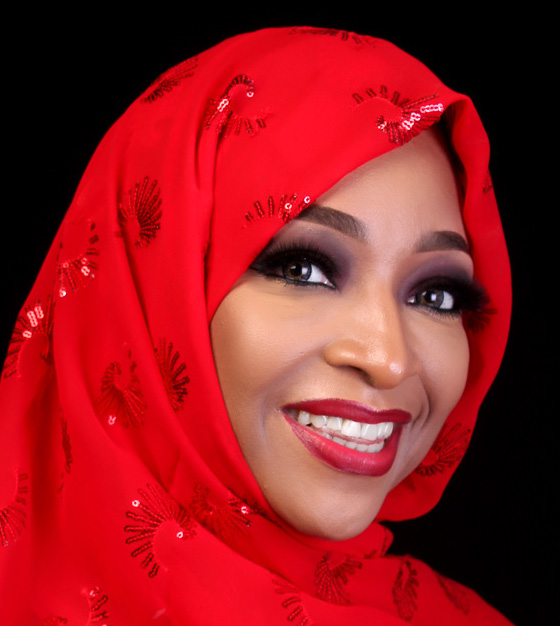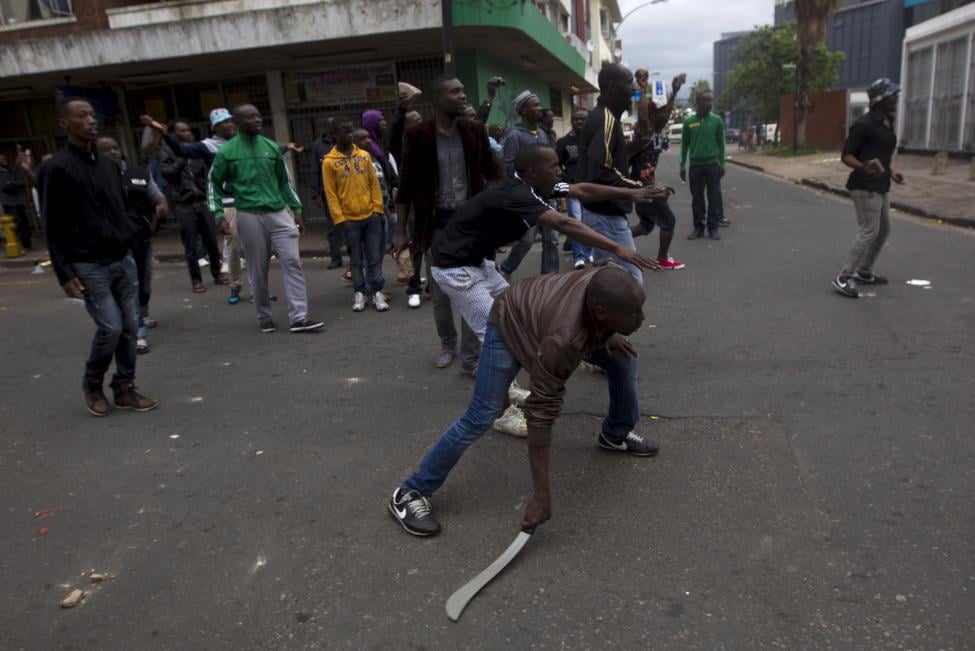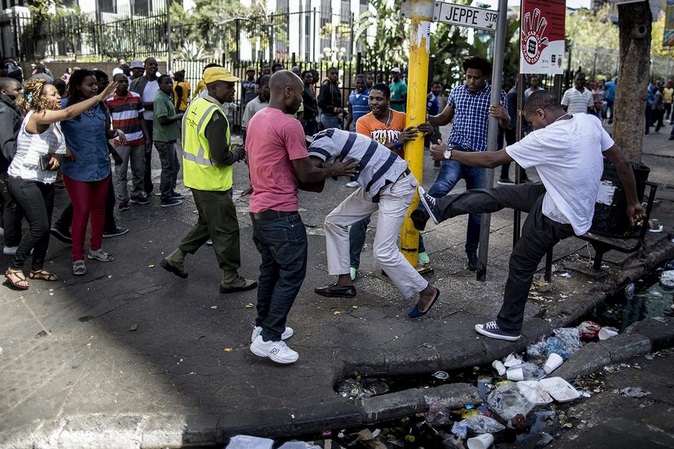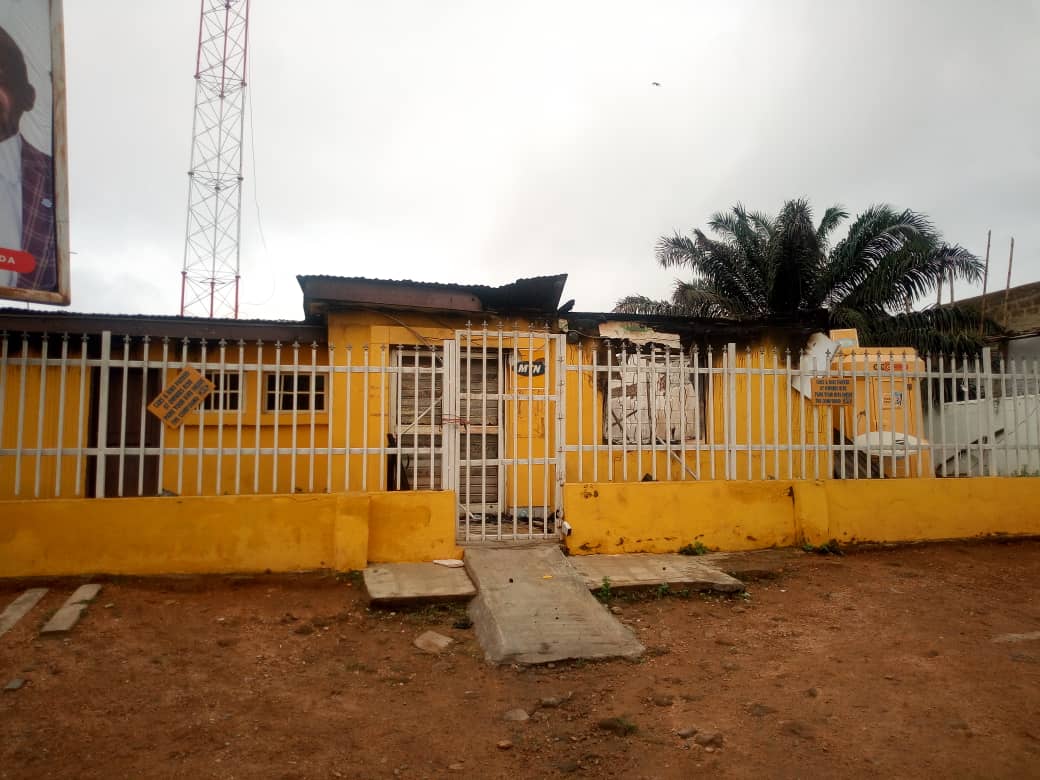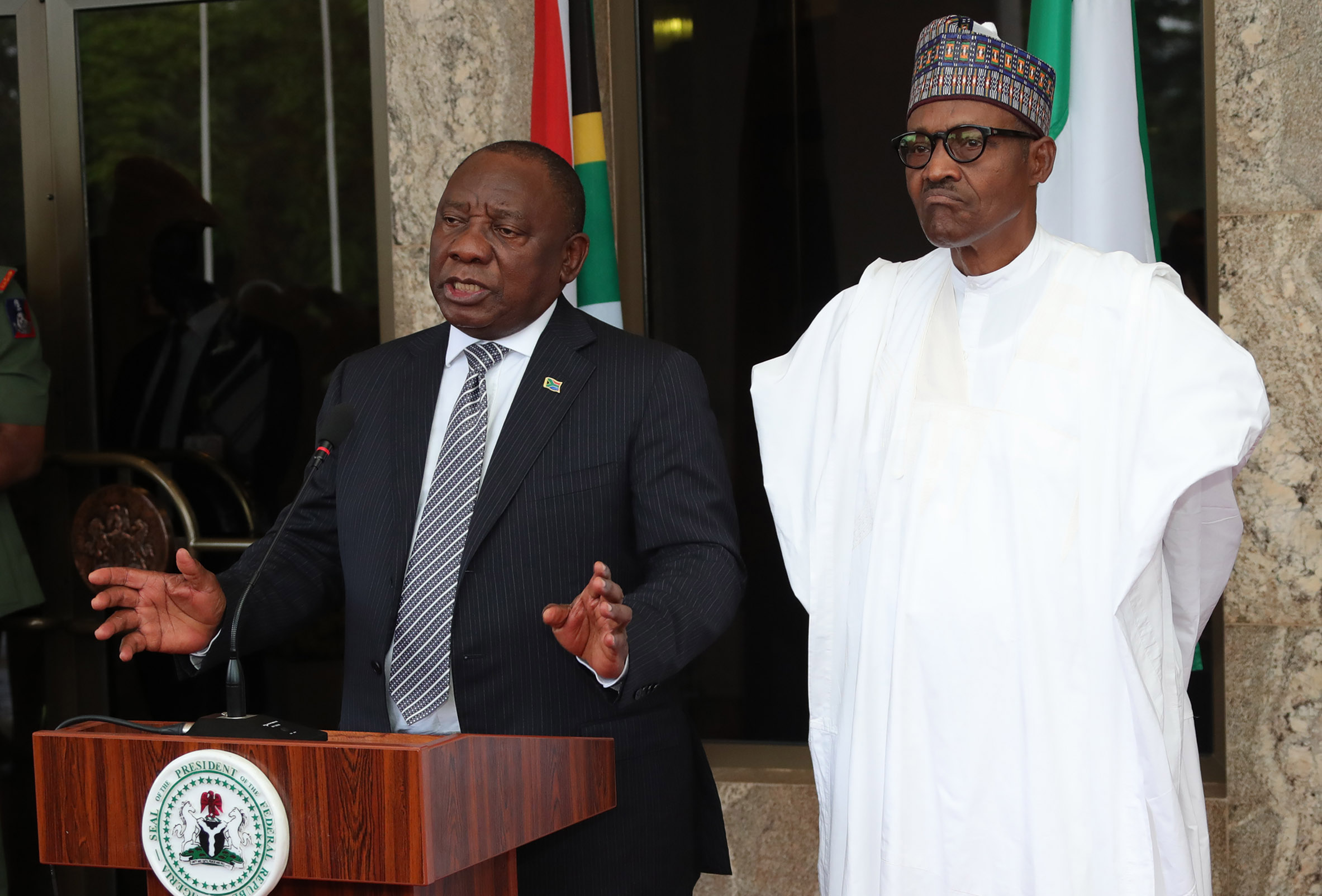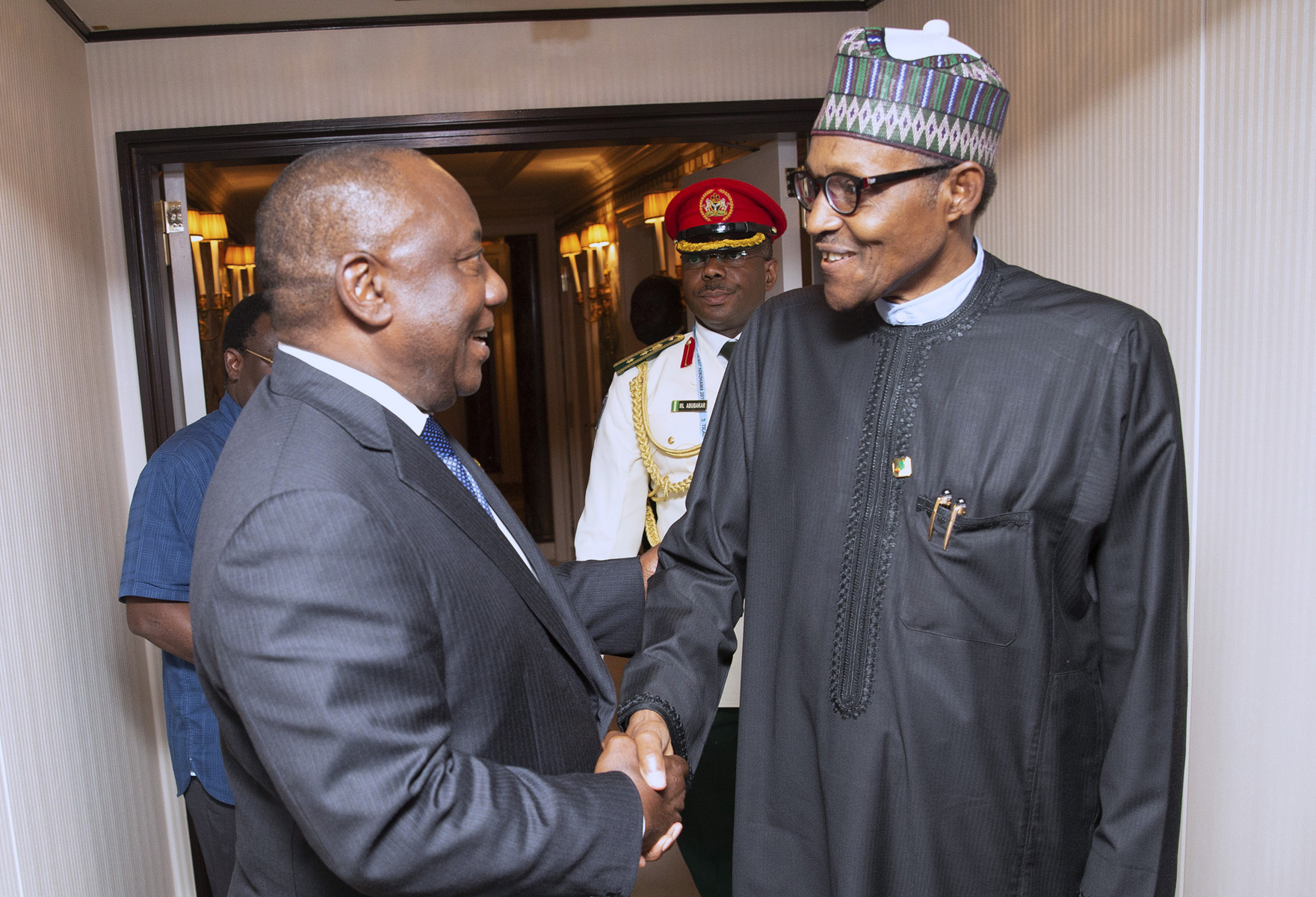The horrific disturbing tales of discrimination and violence in South Africa as of recent has been nothing short of unacceptable. It would seem that the scars of apartheid are evidently obvious in these attacks of hatred and cowardice.
In 1994 when South Africa was democratized; rather than decreasing the incidence of crime, xenophobia went on the rise. From the period of 2000 till present, there have been scores and scores of innocent foreigners that have been killed due to xenophobic attacks. The situation has now spiraled out of control and forces many foreign embassies to consider repatriating their citizens out of harm’s way.
In 2004 a study was published by the Southern African Migration Project (SAMP) in which it stated, “The ANC government- in its attempts to overcome the divides of the past and build new forms of social cohesion…. embarked on an aggressive and inclusive nation- building project. One unanticipated by-product of this project has been a growth in intolerance towards outsiders… violence against foreign citizens and foreign refugees has become increasingly common and communities are divided by hostility and suspicion.”
This statement was loaded with meaning and was an indicator that xenophobia would darken the future of the country in years to come. From the study, 21% of South Africans favored that there should be a complete ban on foreign entry into the country and 64% favored strict laws and regulations towards foreigners in the country. A good majority of South Africans believe that foreigners are involved in criminal activity. They believe that foreigners have taken opportunities of work and businesses from them. And it follows that since illegal aliens have no legal backing; many are subsequently taken advantage of in terrible ways.
Advertisement
In South Africa, foreigners consistently complain to their embassies about being maltreated especially by the South African police force whom are ironically supposed to protect all people within their borders. Over 50 shops belonging to foreign nationals including Nigerians in South Africa were set ablaze in an overnight attack on foreigners by xenophobes in the country. The recent attacks though have culminated to a desperate show of disregard for human life and property.
In the past, attacks had been largely in the suburbs but now they have spread to the more cosmopolitan cities such as Johannesburg. South African locals randomly attack foreigner’s properties and businesses while boldly stating that they had more rights because it was their country.
Many foreigners continue to flee to police stations fearful for their lives; such was the aggression and venom of the attacks. Some governments have began the process of repatriating their citizens, registering their concern to the South African government and taking action against the country in ways that will negatively affect the economy of South Africa. Foreigners, of which Nigerians constitute a high number are being consistently abused, brutalized and murdered. The cold hearted systematic and brutal way that these attacks have been carried out leaves one to ponder on the fact that while black South Africans are free from the era of apartheid; many are still imprisoned and tormented within their minds and this time it is not the white man that is their captor but the unforgiving state of their economic situation.
Advertisement
The present attacks have seen violent locals harass foreign nationals and Nigerian owned businesses. In emerging reports, the criminals are being supported by some sections of the country’s authorities in coordinating the looting and burning of Nigerian businesses and maiming and killing innocent foreigners. The shops of foreign nationals, which were looted were reportedly said to be from Ghana, Congo, Zimbabwe, Malawi and, especially, Nigeria.
Xenodochial is a word that derives its origins from the Ancient Greek language. It is a highly intellectual definition for being friendly to strangers. The paradox of xenodochial and xenophobia are not lost in this piece. Poor black South Africans should learn lessons from these senseless and meaningless attacks by benefitting intellectually and economically and learning to be xenodochial towards foreign nationals.
Though it has been almost three decades since the apartheid era ended, the scars of the atrocities committed still remain with its victims. This dark portion of the country’s history remains indelibly etched in many minds. Man’s inhumanity to man has left a legacy of insecurity and violence as seen in the wake of these attacks. The psychological profile of those responsible for the murders must be in a state of desperation of battling untold demons. Many of the people that attack are poor and unemployed; they must resent the presence of seemingly successful foreign traders with thriving businesses under their very noses on their home soil. Some have witnessed or been told of unimaginable crimes against them or their loved ones. The fact that many youths have grown up with parents afflicted by poverty and mental distress and anxiety must have had quite a negative impact on a generation of South Africans.
Though one has to be careful not to generalize the subject of xenophobia in South Africa because for every xenophobic attack, there have been dozens of accounts by foreigners of nationals that have come to the aid of many by shielding them and protecting them and their properties against being attacked. The trauma of apartheid it seems still has its claws around the necks of many, which is regrettable for one of the greatest advocates of human rights and oppression is Mahatma Ghandi who, though an Indian by blood, was raised as a South African. The memory of such great men as Nelson Mandela should not be forgotten and their fight for freedom not tainted by these recent crimes.
Advertisement
A valuable lesson should be learnt from everyone in these recent attacks. The honor of rising above one’s personal torment and poverty to improve, enlighten and counsel oneself about the dangers of harming others and the disturbingly ripple effect it can have on generations to come should be a priority.
While it is next to impossible to be happy amidst utmost poverty and unemployment, destroying other lives can cause the certain destruction of oneself like a cancer eating away at the conscience mind. As humans we can strive for perfection that isn’t there but a mere phantom of our imagination.
The less privileged in South Africa that continue to take part in the xenophobic attacks and killings should be justly punished by law but, at the same time, the rest of us should ponder and reflect upon the fact that the problem lies so much deeper than what we see on the surface. Criminals are often the by-products of their environment and circumstances.
My thoughts and prayers go out to all the Nigerians and foreign nationals living and working in South Africa who have been affected by the latest spate of violence. The South African government must to do more to stop the violence and protect the lives of all those living within its borders, whether they are South African nationals or not. That government must then take accountability by compensating all the Nigerian and foreign nationals affected. The Nigerian government must demand for nothing less.
Advertisement
As a Nigerian I am pained by attacks on my people who I commend and admire for earning a living and surviving in a foreign land that may not always be welcoming of a different culture or tradition. However, my focus had to broadly examine why such horrific acts should have even taken place in modern South Africa, where the euphoria of a promise of a brighter post- Apartheid era has all but disappeared to the reality of decades of a struggling, suffering people.
The deaths and attacks of the innocent should not be in vain, rather the xenodochial characteristics that illuminate the goodness in each human being should rise to greater heights deafening the ugly screams of xenophobia.
Advertisement
I invite you to:
Follow me on Twitter @hanneymusawa
Advertisement
Views expressed by contributors are strictly personal and not of TheCable.
Add a comment
